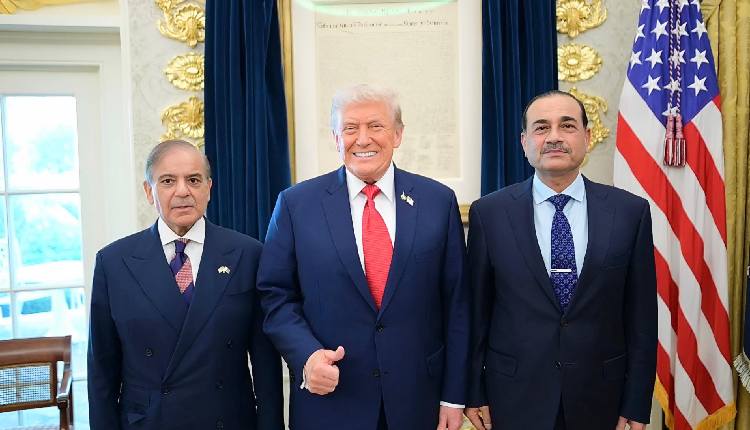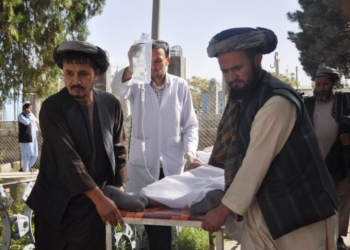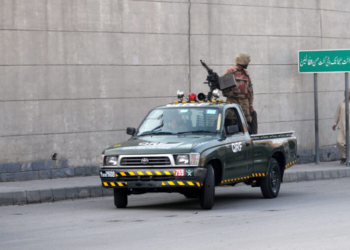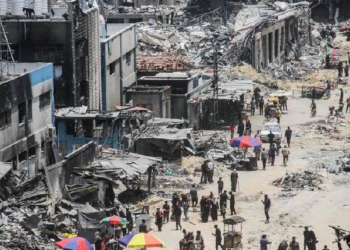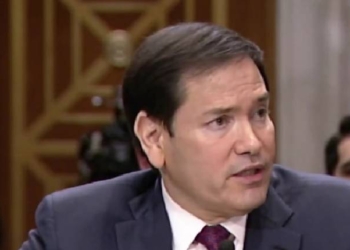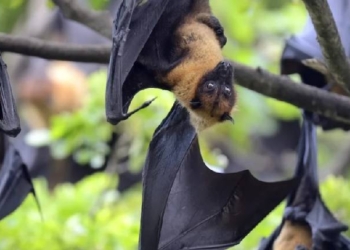New Delhi: Pakistan has historically been considered an ally of the United States – during and after the Cold War – with Islamabad ready to execute at White House bidding, either for a prize or a dressing down.
Geographically, Pakistan occupies a strategic position and diplomatically shares ties with China on the one hand, and the Arab countries on the other. With most governments in Islamabad being financially and morally bankrupt and powerless against their military, the rulers have been ductile and malleable to be coerced into most deals.
Knowing that proximity to China, India, and Afghanistan makes it a key player in South Asian geopolitics, the US is also aware that with growing ties with Saudi Arabia, including the recent mutual defence pact, it can be a reason for its neighbours and partners being wary.
Washington continues to view Pakistan as a strategic partner in regional security, particularly in counterterrorism efforts. Its role in conducting covert operations from Pakistani soil against the then Soviet occupiers in Afghanistan is no secret anymore. All these, and more, which US President Donald Trump considers to be of use to his idea of ‘Make America Great Again’, draw interest to the country. Thus, a new trade agreement was signed, including a 19 per cent tariff on Pakistani imports and US involvement in developing Pakistan’s oil reserves.
Islamabad is looking at further US investments, especially in its mineral sector, which could provide a much-needed economic boost, provide jobs and infrastructure development for the beleaguered nation. Pakistan is thus trying to ignite US interest in the challenging geopolitical areas where even its military has been unable to put down the rebellion.
The US State Department has designated “The Balochistan Liberation Army (BLA) and its alias, The Majeed Brigade, as a Foreign Terrorist Organisation (FTO), and added the Majeed Brigade as an alias to BLA’s previous Specially Designated Global Terrorist (SDGT) designation” in a statement on August 11.
The restive westernmost province of Balochistan holds a wide reserve of gold, silver, copper, iron, chromite, and lithium across 1,600 mines. The northern regions of Gilgit-Baltistan and Khyber Pakhtunkhwa are said to be sitting on lithium reserves, while the Thar coalfield in Sindh, with 175 billion tons of lignite, further underscores the overall mineral reserve potential.
The US is interested in Pakistan’s rare earth minerals, crypto mining potential, and broader investment opportunities. But revolt by tribes in these areas and without a clear governance policy, the reserves remain mostly untapped. Islamabad anticipates taming the fierce uprising with US help. Thus, apart from interests in geopolitical developments, Pakistan General Asim Munir’s frequent invitations to the White House remain a matter of speculation.
Munir, who had previously been hosted for lunch by Trump a few weeks earlier, accompanied Shehbaz Sharif on the Pakistan Prime Minister’s first official visit to the White House on Friday. While the General’s presence reflected Rawalpindi’s influence over the political masters in Islamabad, there is an assumption that a solution for mining in troubled areas may have also been put on the table.
Meanwhile, reports from Washington hinted at President Trump making his guests wait about 30 minutes before hosting them for talks. That made sure that even a high-level delegation from Pakistan realised that they can not assume themselves too important.
(IANS)




